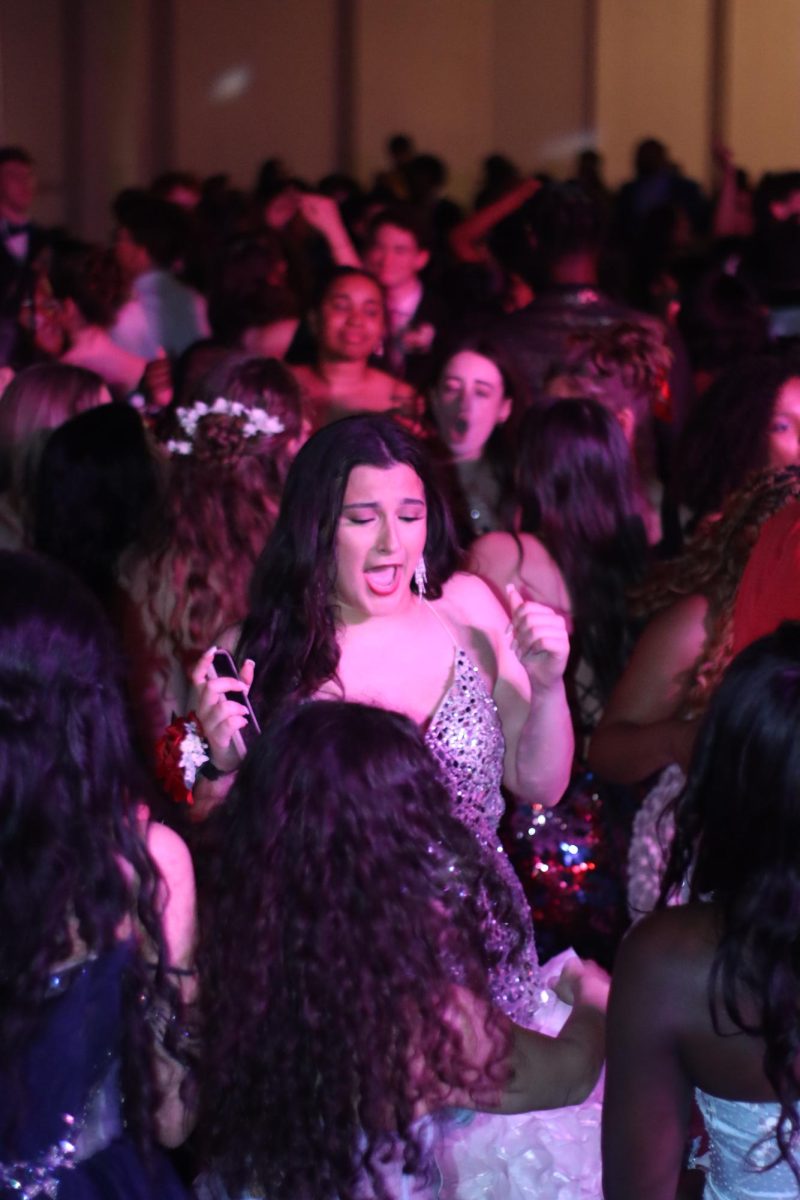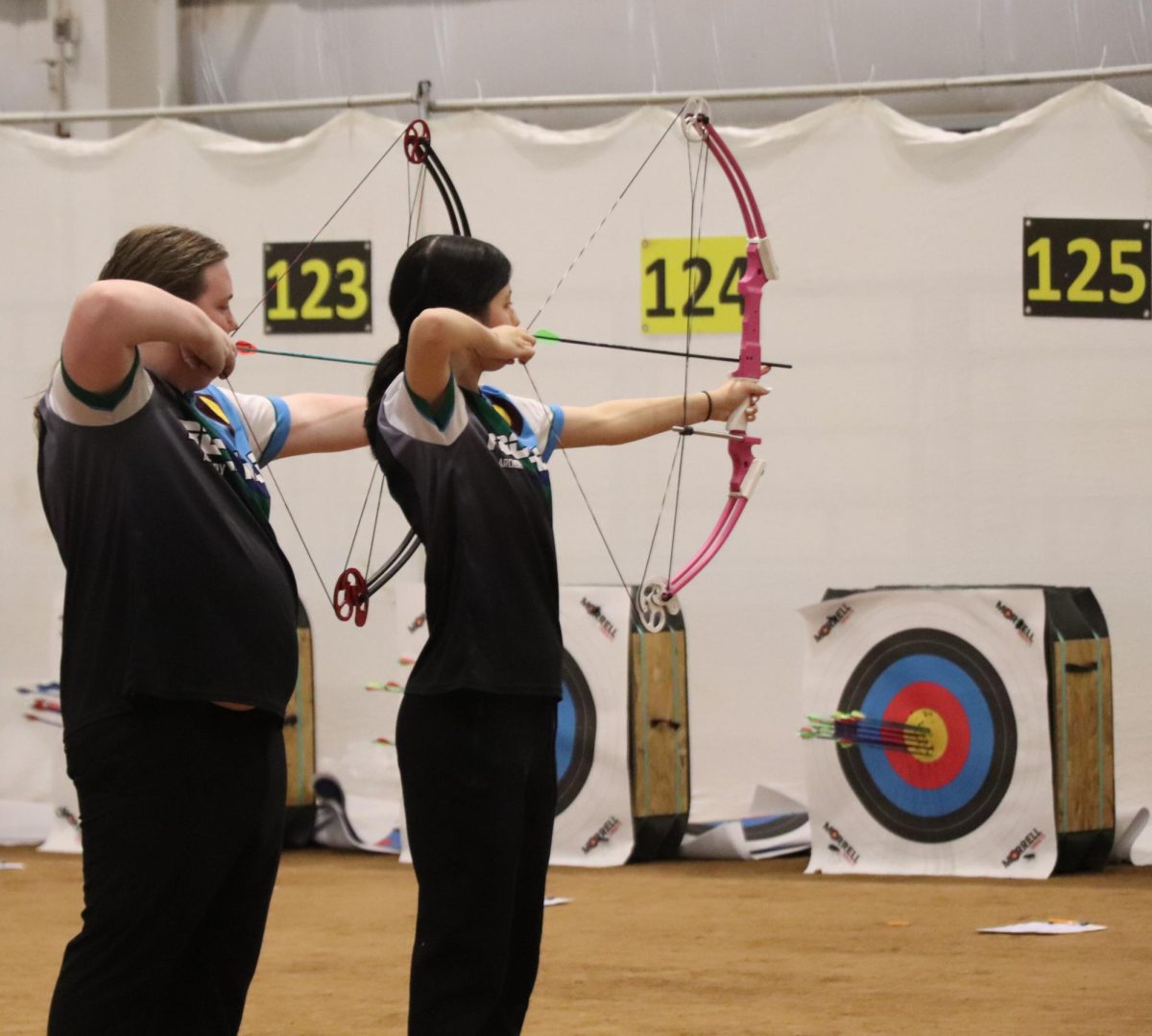The Junior Reserve Officer Training Corps (JROTC) program has received early funding from the Army, leading to significant growth and new opportunities for cadets.
“Normally it takes five years, but we were blessed with it being within two years, and going into the third year, so more funding means more opportunities for cadets,” staff sergeant Michael Songy said.
The program has seen a 65% increase in enrollment.
“Uniforms, equipment, supplies can be very expensive, so that additional funding is going to give us more opportunities for cadets, and more new programs,” Songy said. “Those programs could be robotics, drones, and also help pay for travel, which we know can be costly for the district.”
As a result, more JROTC cadets can participate without the burden of high joining fees. This funding allows them to attend more competitions, engage in additional activities, and to grow and learn more as students.
“I got into JROTC because there was this girl in my English class who would come and just talk about JROTC, and I wanted to know what it was so she told me about it and I ended up joining,” senior cadet Adriana Andre said.
Andre believes JROTC has had a positive impact on her habits and discipline.
“JROTC has made me care more about the things I do, like I’m very more disciplined,” Andre said. “I’m a bit more diligent about keeping my room clean. I also know after I do ‘blank,’ I have to clean up things.”
Senior cadet Soumika Annam’s interest in JROTC was sparked by a presentation in middle school given by Sergeant Songy and First Sergeant Sedric Wade. She was drawn to the different extracurricular activities the program offered.
“It’s nice ‘cause before we were paying out of pocket, which made the cadets pay a little more fees, but Sergeant Songy and First Sergeant Wade never put a lot of pressure on us to do anything,” Annam said. “But now that we are funded by the Army, we are seen as an official JROTC program, which provides a lot more opportunities for us.”
Competitions play a vital role in the JROTC experience, fostering teamwork and camaraderie among cadets.
“Going out and competing and winning, especially, brings so much confidence to everyone on the team, and we feel really close, as a family,” Annam said.
For some cadets, like senior Alexander Rumfield, JROTC is a stepping stone to a military career.
“I grew up in an army family,” Rumfield said. “I will be going to the army soon after college. I will be the first officer in my family since World War One.”
The JROTC program has given its cadets physical, social, and mental benefits.
“It brings a lot of people that I never thought I would end up being friends with that I never thought I would be friends with,” Rumfield said. “It helps you physically with PT or personal trainers, and it definitely helps you help mentally by trying to make you a leader.”
The JROTC program’s impact extends far beyond high school.
“Overall, JROTC has given me so many lifelong skills that I will use throughout the rest of my career,” Annam said. “It has taught me to be more extroverted and to come out of my comfort zone, and I love it so much.”


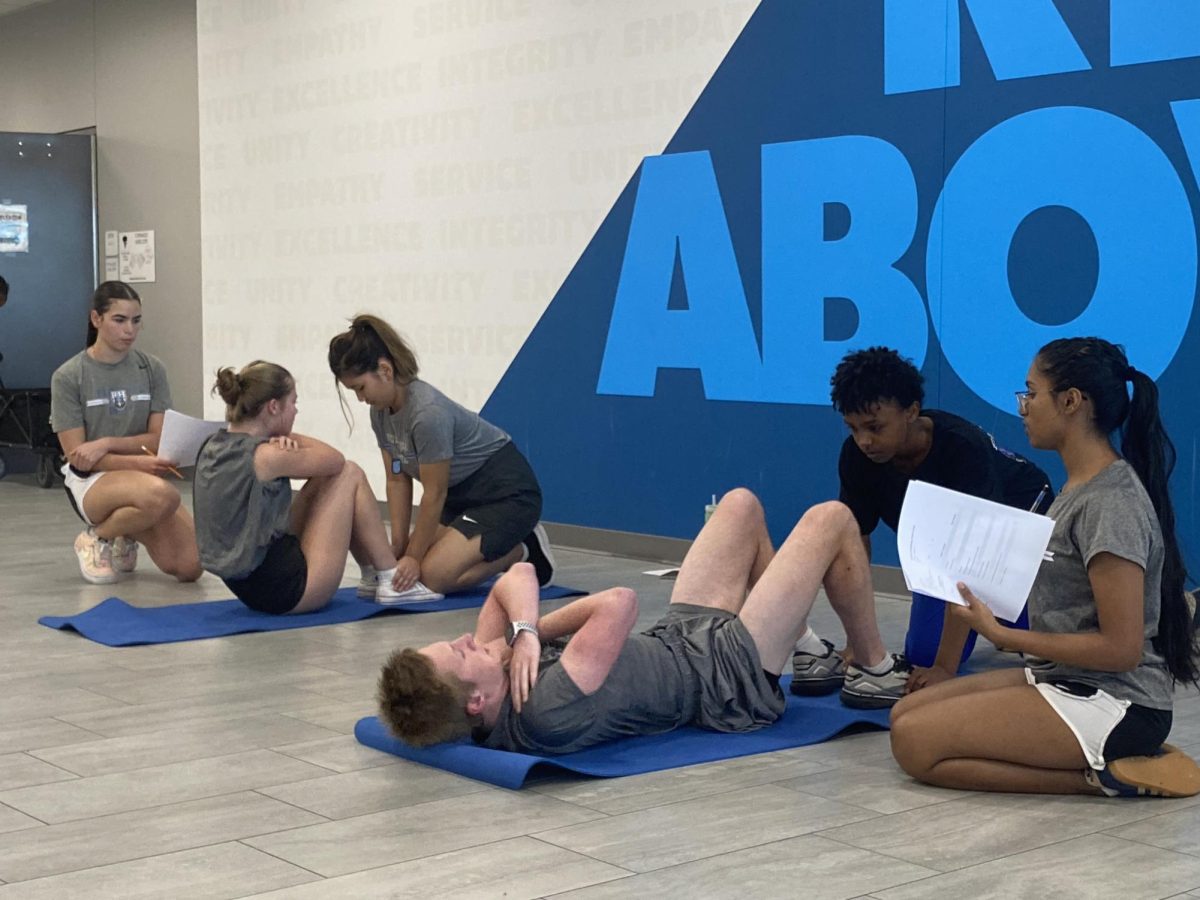
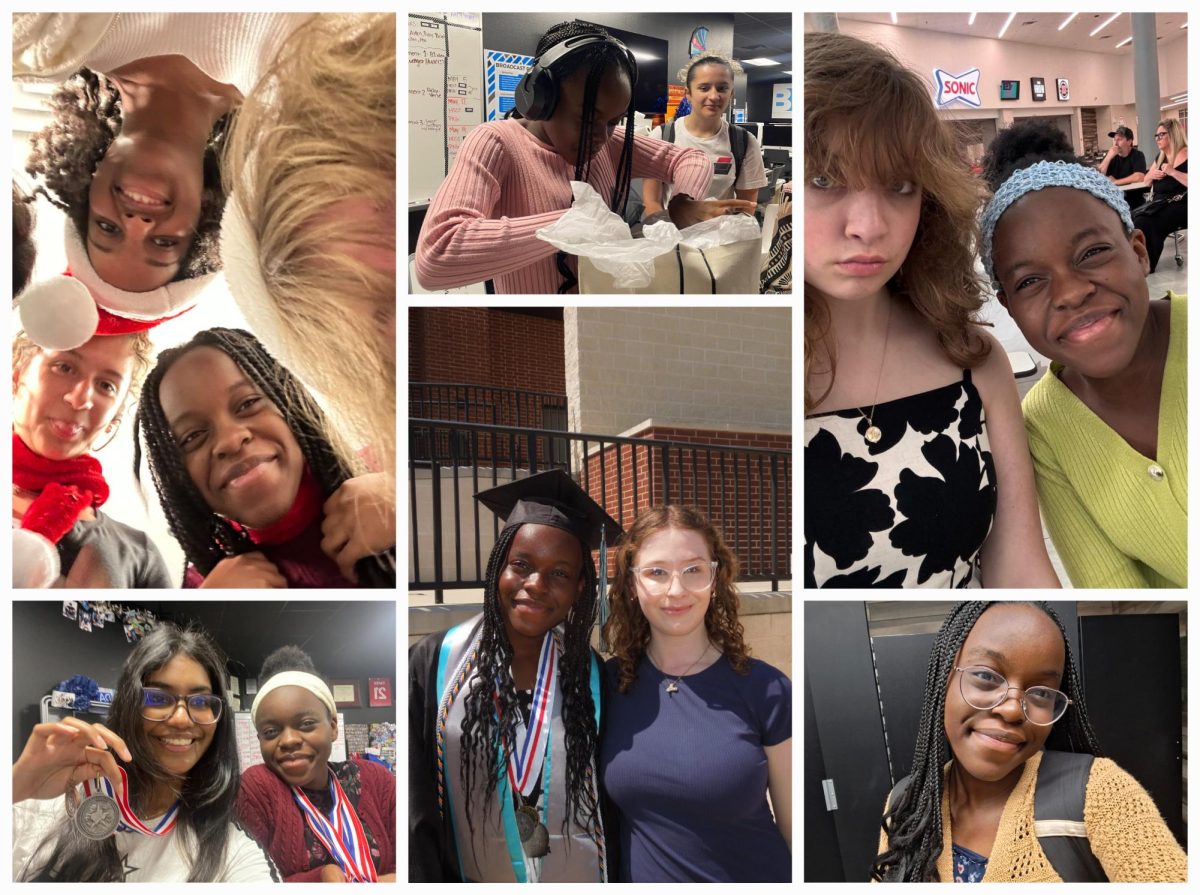


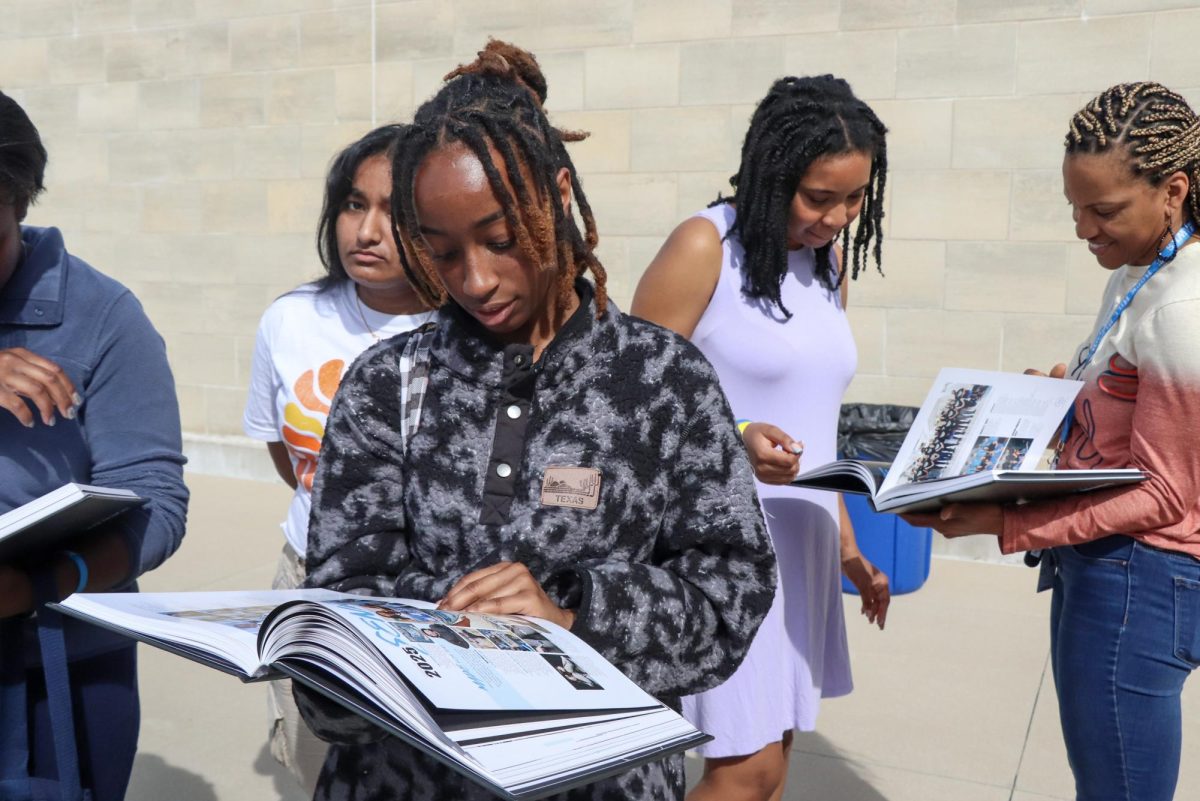
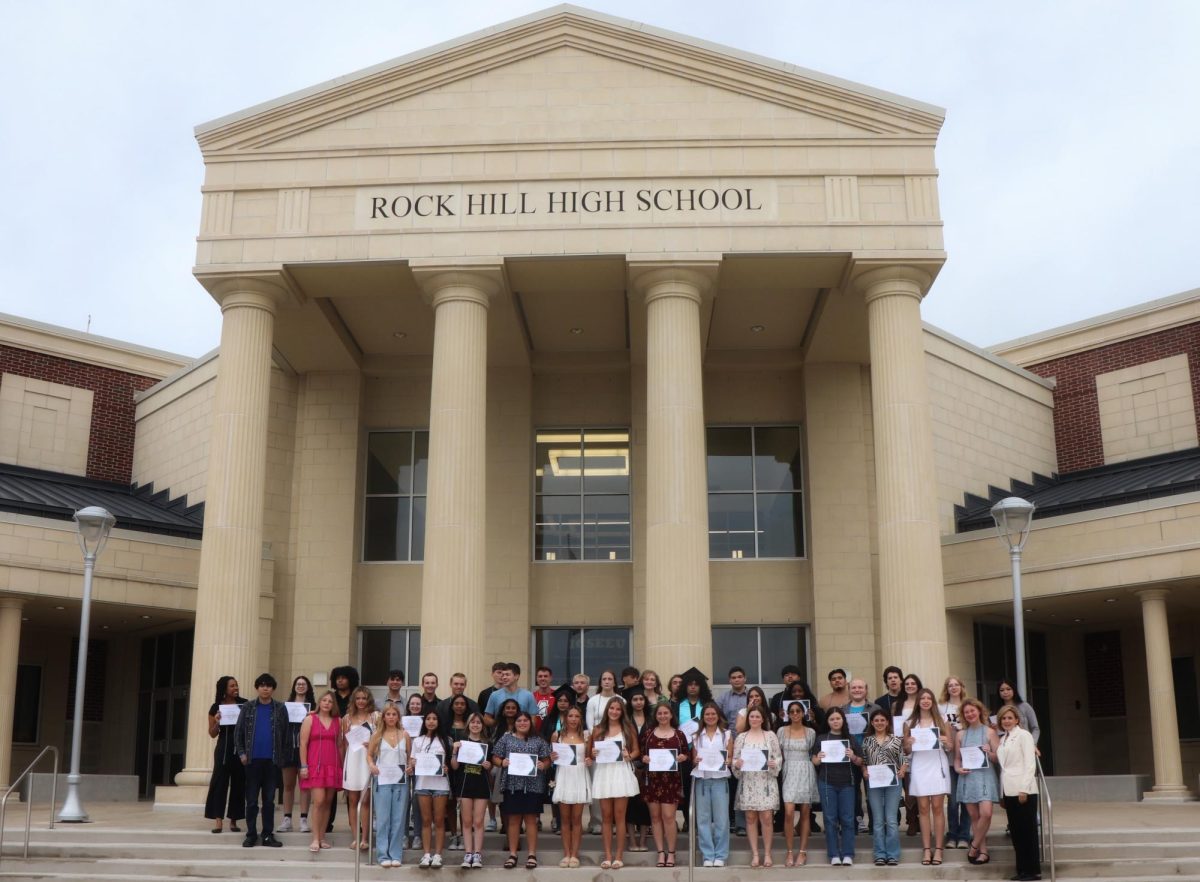
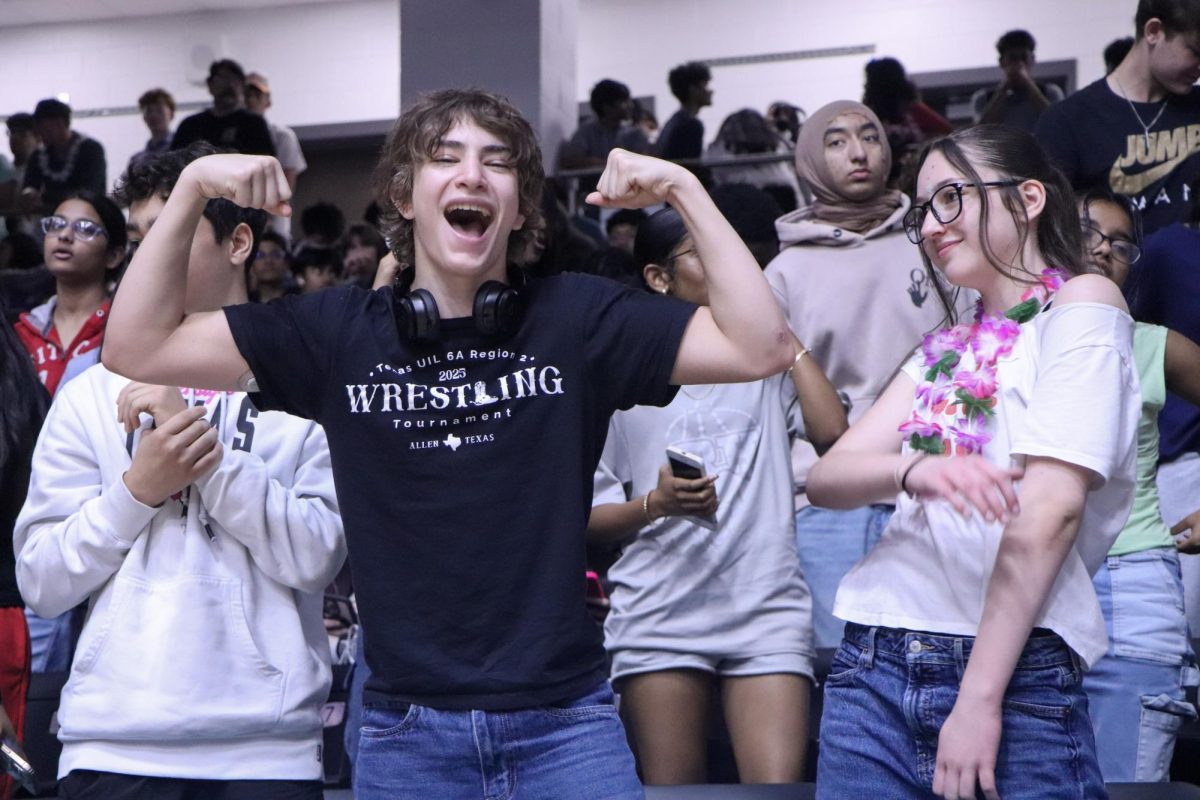

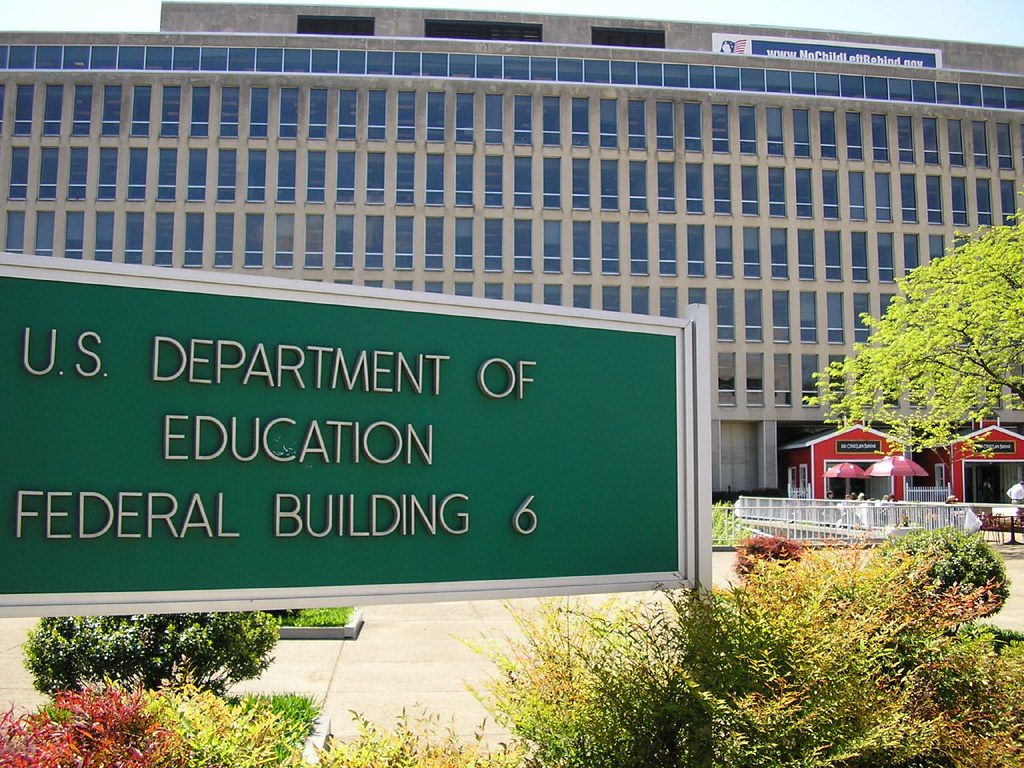

![A digitally constructed image shows money flowing out of a U.S. government building, representing the economic impact of the Trump administration’s new tariff policy. “[The tariffs are] supposed to basically pump up American businesses to where Americans go buy American products,” U.S. government teacher Adam Barclay said. “Then you have more manufacturing, you have more jobs, and that's how it's supposed to work.”](https://rockhillmedia.org/wp-content/uploads/2025/04/Impact-of-the-U.S.-Tariffs-1-1200x675.png)
